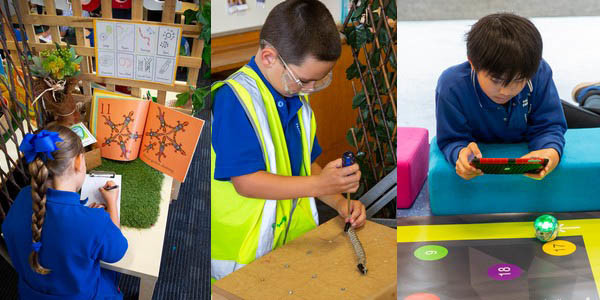Learning Structure
School Times
Before school, students are supervised in the school yard between the times of 8.30am and 8.40am. Children arriving before 8.30am must be booked into Out of School Hours Care. We encourage children to go home promptly after school. If children are still waiting to be collected by caregivers at 3:25pm, they will be taken to the Front Office and wait to be collected from there. We encourage caregivers to phone the school if they are running late to collect students.
School Day 2022:
8.30am Students arrive, yard duty supervision begins
8.40am Students enter buildings for homegroup
8.50am Lesson 1
9:40am Lesson 2
10:30am Recess (outside play)
10:50am Lesson 3
11:40am Lesson 4
12:30pm Eating time (supervised in classroom)
12:40pm Lunch (outside play)
1:20pm Lesson 5
2:10pm Lesson 6
3.00pm Dismissal
Class Placement / Structure
Fulham North Primary School has both composite and straight year level classes. The formation of classes will vary from year to year depending on the numbers of students in each year level.
Learning styles, student working relationships, peer friendships, student numbers and class location may influence class allocation.
Parents are given the opportunity to submit written information to assist class placement. Information regarding this annual process is sent home early in Term 4. The school uses up to 15 different criteria to determine placement and the process takes between 4 and 6 weeks.
Composite Classes
Composite classes e.g. Years 4/5 are common in most primary schools because of the variation of student numbers in each year level.
Parents should not be concerned about composite classes as in reality, each class is a composite – every class is made up of individual children who have a range of differing needs academically, socially and emotionally. Composite classes are not based solely on academic ability. Gender balance, friendship grouping and the way students interact is equally important. Australian research indicates that by Year 5 (and through to Year 10,) up to 8 distinct ability groups can be identified in each “straight” year level class.






